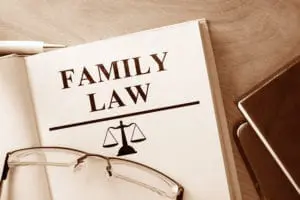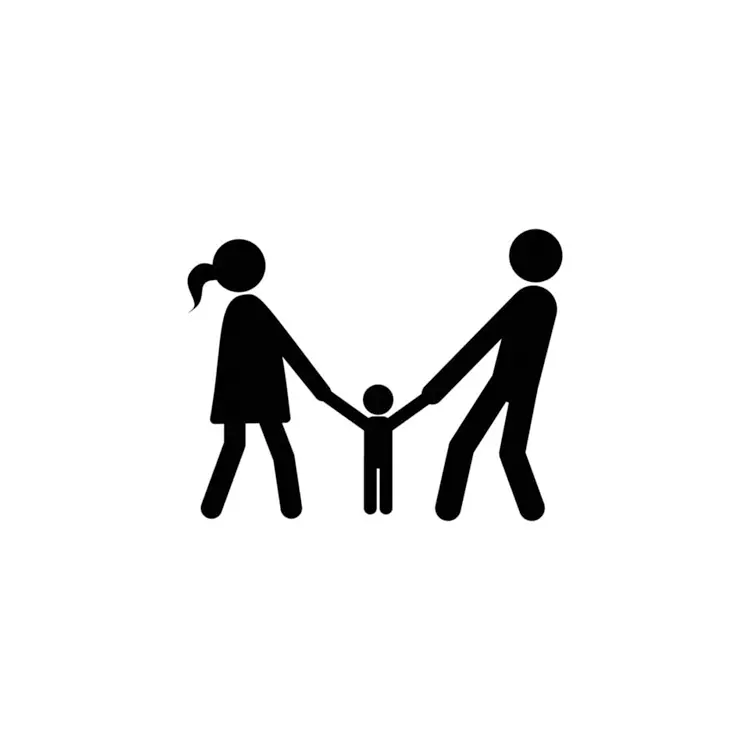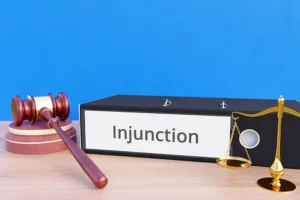Enforcing A Court Order in Family Law

Court cases can get complicated, especially in the world of family law. There are so many issues a family court has to deal with, even a relatively simple case can generate multiple court orders. These orders have the force of law, but getting them enforced isn’t as simple as calling the police. If you have a court order as part of your family law case, you may have to ask the court to enforce its orders against the other party. As always, only a licensed family law attorney can give you definitive advice regarding your case.
How Does a Court Order Work?
Court orders are binding decisions issued by courts that require one or more parties to either do something or keep from doing something relevant to the case. A court order can be on almost any subject the court is dealing with, such as property disposition, child custody, visitation and the behavior of the parties. Court orders can also require parties to produce documents, appear in person or do something else relevant to the proceedings.
Once a court order has been signed by a judge, it has the force of a law on the parties named. Violations of a court order are serious, and being held in contempt for breaking an order can result in fines, community service and/or jail time. If you are the subject of a court order, it is vital that you obey the court’s instructions to the best of your ability. If you feel the order is unjust, you should ask your attorney for help changing or repealing the order, but you must not violate the order while it is active.
Common Court Orders in Divorce Cases
Every type of court has its own commonly issued orders. Some of these, such as a subpoena for documents or an order to appear, are common to all types of courts. Family courts have many of their own types of orders. Orders can be temporary or permanent, and some are part of the finalo divorce decree. A family court judge may draft an order to cover any of the following issues:
- Child custody
- Visitation plans
- Move-away plans by one parent
- Property division
- Alimony
- Child support payments
- Restraining orders and protective orders
- Requirements for school attendance, insurance coverage, and other matters affecting children’s wellbeing
Enforcing a Family Law Court Order
Unless stated otherwise in the paperwork, court orders take effect as soon as they’re signed by the judge. After that, if you believe the other party in your case is not following the order, you can ask the court to enforce it. The process for doing this varies with each state, but there are some commonalities between jurisdictions.
The best way to start enforcing a court order is to talk the matter over with your attorney. The lawyer who knows your case is an expert in the law who can help you understand whether or not the order has been violated, and guide you in the next steps.
After talking with your attorney, you can ask the court for a “rule to show cause.” This is a formal petition to the court to examine the facts and rule that the other party has violated the order. In practice, the hearing works like a miniature trial, with the other party invited to “show cause” why they should not be held in contempt of court.
Filing a rule to show cause can get complicated. Details vary somewhat, but as a rule you have to argue to the court that the other party had the technical ability to obey the order, but that they willfully chose not to. The summons for a rule to show cause usually has to be personally served on the other person, and they can appear in court to defend themselves. In some cases, often involving child support or alimony, the party might argue that they simply can’t pay what has been ordered. This kind of argument can quickly get very complicated, as financial documents and other evidence get introduced in the case.
Assuming your petition is successful, and that the other party has either not responded to the summons or has failed to convince the court to overturn or modify the order, the person can be held in contempt. The court typically moves on from this finding to impose penalties, which can be anything from a minor fine to arrest and booking into the county jail.
Finding a Divorce Attorney in Edwardsville, IL

Enforcing a court order is very serious business. Because the consequences can be so serious, the process for enforcing a court order takes time and expertise. If you have a case in divorce court and believe that the other party is violating a court order, the best way to protect your rights is to talk with an experienced family law attorney. The Law Office of Robert Elovitz offers legal services that include divorce and family law. Call (618) 692-4800 today for advice about your case and to schedule an in-person consultation at our Edwardsville, IL, office.



